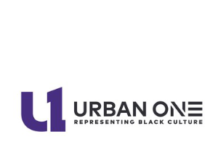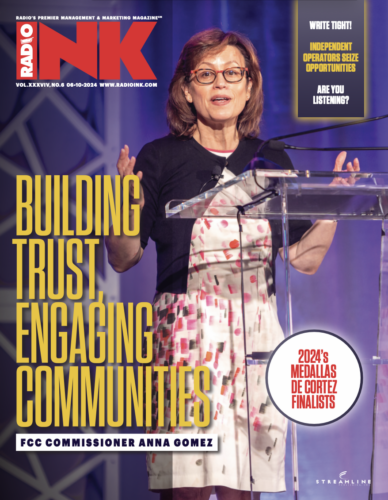
(By Jeffrey Hedquist) If they do, they have a greater chance of getting results. If they don’t, there’s a simple technique I use to bring a sense of reality to the script. Simple. My writing process varies, but it’s often a variation of the following steps:
I immerse myself in the client brief, which can be a multi-page white paper, video, website, notes scratched on the back of an envelope, email, or phone call. Sometimes I get to talk to the client. Sometimes not.
I think about the client’s existing and potential customers: why do they buy? What stops them from buying? I jot down some initial ideas. Ninety percent of my creation at this point is garbage. Sometimes I start writing an entire script immediately.
Step away.
Often, I leave it and do something else, for minutes, hours, or even days if I’m lucky to have the time. I return to the project with a starting idea. I write without thinking, analyzing, or editing. I just write non-stop – lots of words, rambling sentences, pages. Some of it on the computer, some of it on paper.
Then I edit – hack is a more accurate term. I hack it into a semblance of a commercial. At this point, it’s far from ready, unique, or effective.
What I want is a way to make it real. By that I mean, make it sound believable, the way people talk instead of a pitch in “commercialese.” Looking at the script is not the best way for me to accomplish this goal.
Record.
I put away what I’ve written – the edited script with all the selling points, clever phrases, and call to action. With the gist of the concept in my head, I record a version of the commercial. No script, no notes, I just try to tell the story from memory. This synopsis will sound more natural, more real than my written spot, but it probably won’t have all the points I needed to make.
Edit.
Listening back to the recording while looking at my edited script, I transcribe parts of my recording, and make changes to the script, cutting sentences off, adding pauses, punctuation, and emphases… in other words, I make it more like a conversation, even if it’s one voice speaking to a potential customer.
The ad-libbed recording has helped me make the written message sound more real.
This process works especially well for dialogue commercials, which, if I don’t put them through the ad-libbed phase, can easily come off as stilted. Try this process of writing/editing/recording/re-editing on your scripts. It’s fairly quick and darned effective.
You talk to yourself anyway. Why not use it to improve results for your clients?
Let me know how this works for you.
Jeffrey Hedquist, “Advertising’s Storyteller,” has won over 700 awards and brought in millions of dollars for clients. His articles, ebooks, seminars, and coaching have helped stations nationwide prosper. Got a question about radio marketing? Email [email protected]. Read Jeffrey’s Radio Ink archives here.






